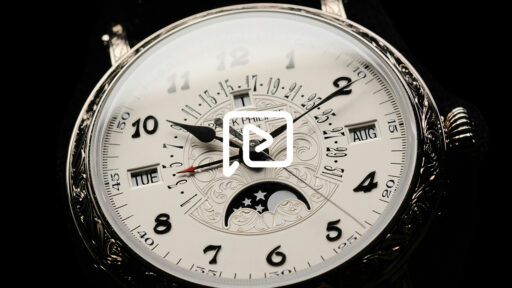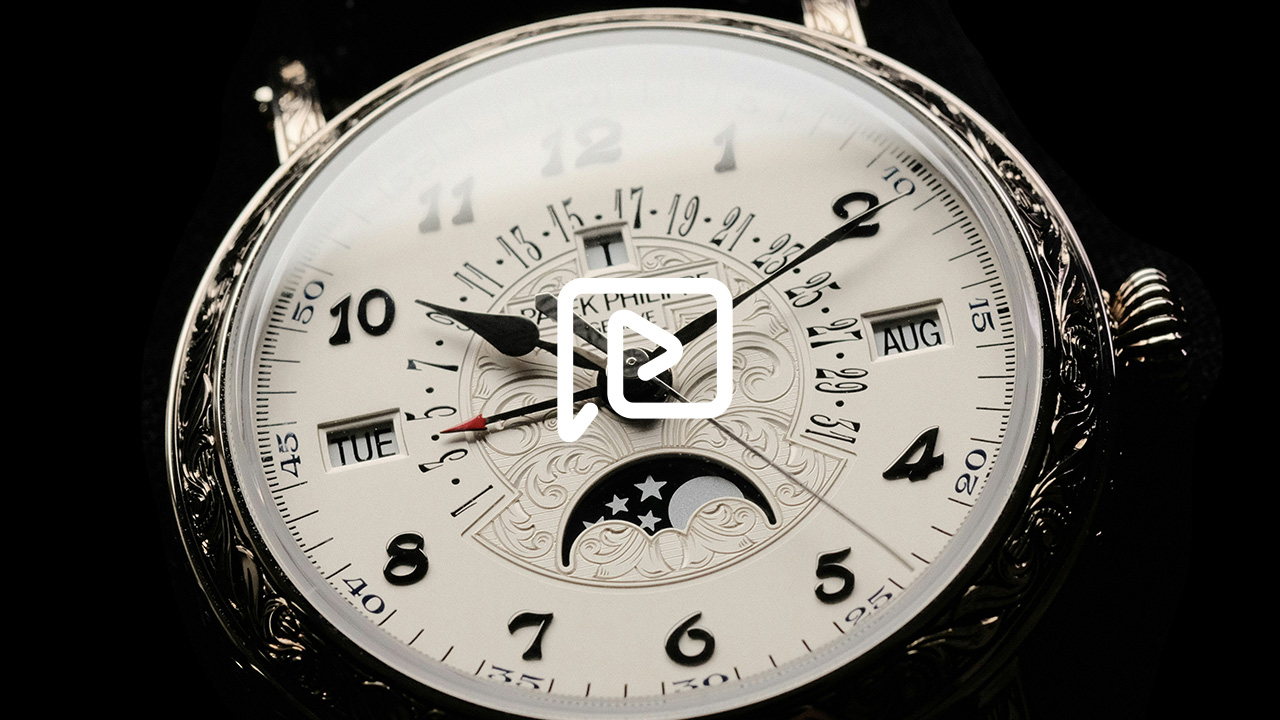Let’s talk about speed. Not the kind you feel when you’re late for work or swiping through another dopamine-loaded app. I’m talking about the kind that separates good from great — the kind that builds legacy.
See, speed and quality have a weird relationship. Sometimes they’re lovers. Sometimes they’re enemies. But more often, they’re misjudged entirely.
I’ll explain.
A surgeon has seconds to decide. Cut here, not there — life or death. We don’t call her fast. We call her brilliant. Why? Because she made the right decision in the right moment. Speed, in this case, isn’t recklessness. It’s mastery.
Now contrast that with a blacksmith in ancient Japan, folding steel over itself thousands of times to create a samurai sword. You rush that process, the blade snaps. No glory. Just broken metal and dishonor.
So who’s better — the blacksmith or the surgeon?
Wrong question.
The better question is: What does the outcome demand?
Context, my friend. That’s where the real story lives.
Let’s flip the lens again.
Take Mercedes-Benz. A new model rolls off the assembly line in minutes. Feels fast, right? But behind that speed is a decade of research, engineering, crash testing, failure, more failure — until the formula is right. Then? Factory speed becomes a flex.
Now let’s go further up the luxury ladder: Aston Martin. These beauties are built by hand. Each one takes months. No two are the same. The price tag isn’t about speed — it’s about story, scarcity, and status.
So what’s going on here?
We think time equals quality. But that’s not always true. What we really crave is perceived value — and time is just one ingredient in the perception soup.
This is where things get fun. Because humans are wonderfully irrational.
If something is hard to get, we want it more. If something takes time, we believe it’s better. If we can’t have it, we want it now.
That’s aspiration. That’s luxury. That’s psychology — not product.
Watch brands like Patek Philippe aren’t selling watches. They’re selling the idea of forever. One Patek went for $31.19 million at auction. Suddenly, the “entry-level” $38,000 model feels… affordable. That’s not a price drop. That’s priming.
Same principle applies in film. Ever heard of the Kuleshov Effect? I wrote about it here. Show someone a man’s face. Then show them ice cream — he looks hungry. Now show that same face before a disturbing image — suddenly, he looks sinister. The context writes the narrative. The craft lives in the cut.
So when marketers talk about “personalization at scale,” I laugh a little. Because here’s the truth:
True luxury can’t be automated.
Real connection can’t be faked.
And exclusivity? It only works when it’s real.
Sure, Salesforce and AI will help you scale data. But don’t mistake data-driven content for emotionally-driven experience. The magic still lives in the human layer — the trained staff, the authentic message, the earned trust.
So let’s bring it home.
The speed of craft isn’t about how fast you create. It’s about how deeply you’ve developed your skill behind the scenes. Anyone can make noise. But not everyone can resonate.
Yes, volume helps you get started. Quantity gets you reps. But at some point, quality takes over. That’s the switch from amateur to artist.
If you’re good enough, you can write a song in ten minutes. But it took you ten years to be that good.
If you’re fast, it better be because you put in the time when no one was watching.
Last point, and this one’s important:
Social media rewards novelty, not depth. You scroll, you tap, you forget. But the things that stick? The things that change you? They ask for your time. They earn your time.
That’s why long-form content still matters. That’s why storytelling still matters. That’s why your craft still matters.
So whether you’re in branding, copywriting, filmmaking, software, or service — remember this:
The delivery can be fast.
The development must be deep.
And the perception? That’s the game.
If you’re building your brand and want help making sure people feel your value before they see your price, hit reply. I help good ideas sound like great ones — and stick like legends.
Stay sharp,
Dom








